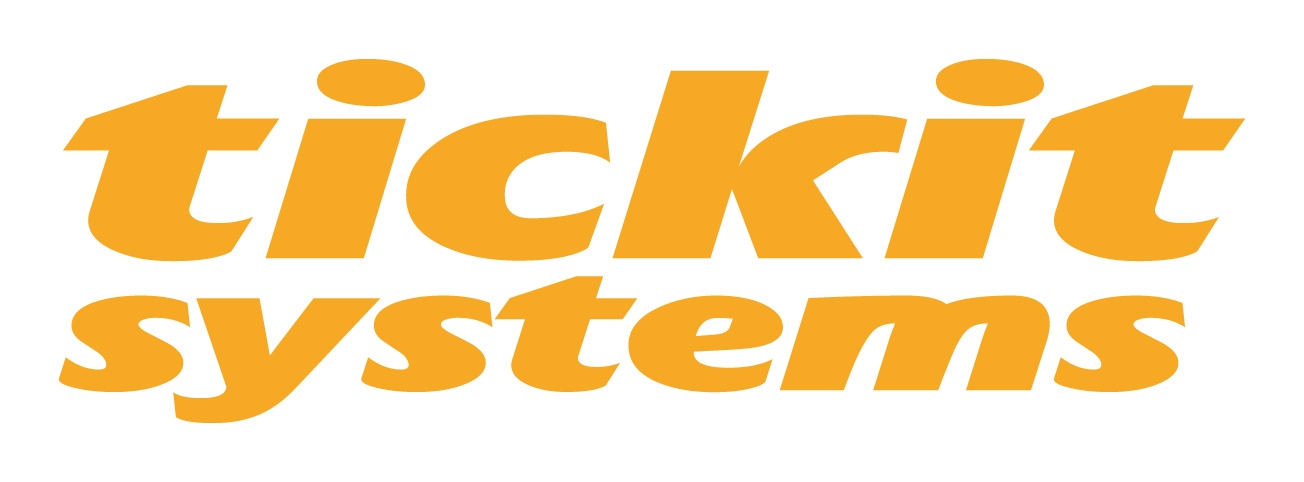ISO/IEC 17025 is an internationally recognized standard that specifies the general requirements for the competence of testing and calibration laboratories. It is crucial for ensuring the reliability and accuracy of test results and calibration measurements.
Key Aspects of ISO/IEC 17025:
- Management Requirements: ISO/IEC 17025 outlines the management system requirements for laboratories, including quality management, organizational structure, and documentation. Laboratories must establish a quality management system that ensures consistent and accurate results.
- Technical Requirements: The standard sets out the technical requirements for laboratory operations, including personnel competence, equipment calibration, test and calibration methods, and validation of methods. Laboratories must demonstrate their ability to perform tests and calibrations with precision and accuracy.
- Impartiality and Confidentiality: ISO/IEC 17025 emphasizes the importance of impartiality in laboratory operations and the need to maintain confidentiality regarding client information and test results.
- Continual Improvement: Laboratories are required to continuously evaluate and improve their processes to enhance their performance and accuracy. This includes regular internal audits, management reviews, and corrective actions.
- Accreditation: Laboratories that conform to ISO/IEC 17025 are often accredited by recognized bodies, which provides assurance to clients and stakeholders of the laboratory’s competence and reliability.
Importance of ISO/IEC 17025:
- Accuracy and Reliability: ISO/IEC 17025 ensures that laboratories produce reliable and accurate test and calibration results, which is critical for making informed decisions based on these results.
- Regulatory Compliance: Many industries and sectors require laboratories to be ISO/IEC 17025 accredited to meet regulatory and contractual obligations.
- Global Recognition: ISO/IEC 17025 is recognized worldwide, facilitating international trade and acceptance of test and calibration results across borders.
- Competitive Advantage: Accreditation to ISO/IEC 17025 can enhance a laboratory’s reputation, demonstrate its competence, and provide a competitive edge in the marketplace.
- Quality Assurance: Implementing ISO/IEC 17025 helps laboratories establish robust quality management practices, leading to improved operational efficiency and client satisfaction.
In summary, ISO/IEC 17025 provides a comprehensive framework for laboratories to ensure their testing and calibration activities are performed accurately and consistently, thus enhancing their credibility and operational effectiveness.
